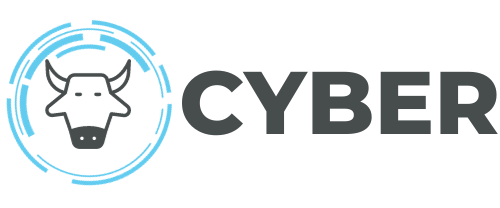Our digital lives are more integrated than ever before in this connected world. While the internet offers endless opportunities for connection, convenience, and entertainment, it also comes with its own set of risks that can affect not only our data but also our mental wellbeing. At OxCyber, we understand that cybersecurity goes beyond protecting personal information—it’s about protecting your peace of mind too.
The Link Between Cybersecurity and Mental Health
Cyber threats, such as identity theft, online harassment, and cyberbullying, can take a toll on mental health. The stress of dealing with a data breach or worrying about someone accessing your personal information can lead to anxiety, depression, and a sense of helplessness. Social media, with its mix of positive and negative interactions, can also contribute to feelings of inadequacy or isolation when privacy is compromised.
Why Digital Wellbeing Matters
Digital wellbeing refers to how we manage our online activities in a way that doesn’t harm our mental health. Just like we protect our physical wellbeing with exercise and sleep, we should protect our mental wellbeing online by being proactive about cybersecurity.
Tips for Protecting Your Digital Wellbeing
- Be Aware of Phishing Scams: Scammers use deceptive emails, texts, and social media messages to steal personal information. Always verify before clicking.
- Limit Social Media Sharing: The more you share, the more at risk you are for identity theft. Think before you post and adjust your privacy settings.
- Take Breaks: Constant online presence can lead to burnout. Step away from screens regularly to recharge.
- Seek Support When Needed: If you’re feeling overwhelmed by online security concerns, talk to someone. Whether it’s a friend or a professional, it’s important to seek support.
Your digital security isn’t just about passwords—it’s about your peace of mind. As tech users, we’re committed to not only securing your data but also helping you maintain a healthy relationship with the digital world. Protecting your mental wellbeing is just as important as protecting your personal information.

